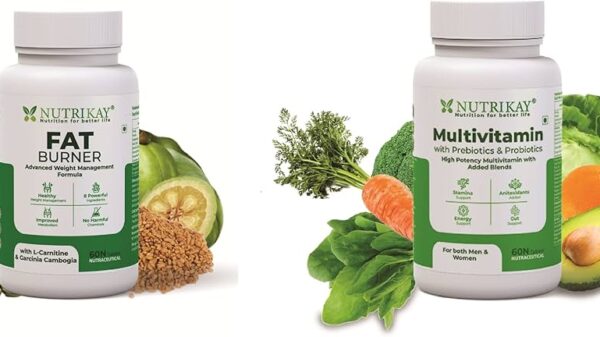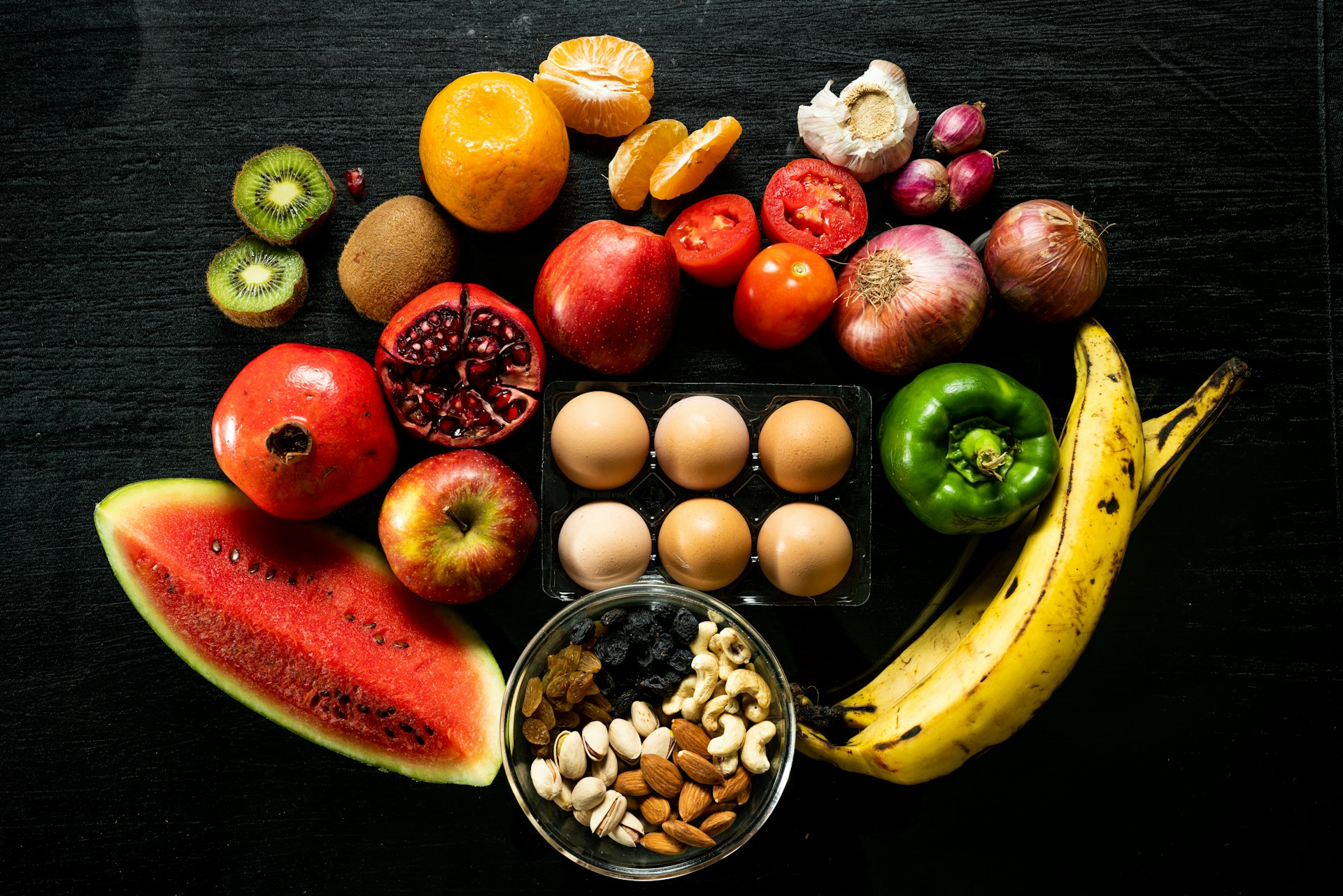Are you searching for strategies to improve your health as you age? You’re certainly not alone, and prioritizing proper nutrition can significantly impact your well-being. As we grow older, both our bodies and minds need attentive care, and healthy eating is crucial for ensuring our physical strength and cognitive sharpness. You don’t need a perfect diet; just making small, sensible choices daily can contribute to healthy aging. It’s surprising how little changes can accumulate into substantial improvements over time.
Let’s delve into seven straightforward eating habits that can enhance your health and potentially extend your life.
1. Incorporate More Colorful Vegetables
Adding a variety of colorful vegetables to your dishes not only makes them visually appealing but is also beneficial for your health. Vibrantly colored foods such as carrots, spinach, and bell peppers are rich in vital vitamins that contribute to various aspects of well-being, from eye health to cardiovascular function. They also provide fiber, which is crucial for digestion—especially as we age.
Strive to make your meals colorful. Include leafy greens in your lunch and add bright orange veggies during dinner. Whether raw or cooked, a diverse palette on your plate translates to a broader range of nutrients, giving your body the support it requires.
2. Opt for Whole Grains Regularly
Whole grains are an excellent source of sustained energy and can help you feel fuller for extended periods—important for weight management. Additionally, they promote heart health and assist with digestion. Simple changes in your pantry, such as switching from white bread to whole wheat or choosing brown rice instead of white, can yield significant benefits.
Including snacks like popcorn or whole grain cereal can also boost your fiber and nutrient consumption, helping you stay nourished and energized throughout your day.
3. Ensure Adequate Protein Intake
As we age, muscle mass typically declines, making it essential to include sufficient protein in our diets. Protein is crucial for muscle repair and growth, supporting your strength and activity levels.
Incorporate options like eggs, beans, chicken, fish, or tofu into each meal. Ensuring you have protein at every meal is a straightforward yet effective method for catering to your body’s needs.
4. Reduce Added Sugar
Excessive consumption of added sugars can lead to unwanted weight gain and heighten the risk of several health concerns such as heart disease and diabetes. Many foods—particularly snacks and beverages—contain hidden sugars that can subtly enter your diet.
Consider replacing sugary drinks like soda or sweet tea with water or milk. When you have a sweet craving, reach for nature’s candy: fresh fruit. Becoming familiar with food labels can also assist you in spotting added sugars, enabling you to make better dietary decisions.
5. Prioritize Hydration
Staying well-hydrated is not merely a good habit; it’s vital for your overall health. Water supports cognitive function, muscle operations, and helps maintain skin elasticity. It’s easy to forget to drink enough water, especially if you’re not feeling thirsty, yet your body relies on it to flourish.
Keep a water bottle with you throughout the day. A little effort can significantly contribute to your hydration.
6. Include Healthy Fats
Let’s clear up the misconception that all fats are harmful. In reality, healthy fats are crucial for brain and heart function. These beneficial fats can be found in foods like nuts, seeds, avocados, and olive oil.
Incorporating these into your meals not only boosts your health; it also enhances flavor! Consider dishes featuring salmon, nut butter, or mixed seeds. These foods can improve your memory and potentially reduce heart disease risk.
7. Be Mindful of Portion Sizes
Portion control plays a vital role in maintaining a healthy weight, especially as you age. Large meals can lead to feelings of bloating and sluggishness, while smaller, balanced portions help sustain energy and bodily balance.
Try using smaller plates to naturally limit portions. Eating slowly and tuning in to your body’s hunger signals can make a notable difference. Relish the experience of dining without overindulging.
As you age, caring for your health becomes increasingly important. The reassuring part of this journey is that you don’t need to transform everything overnight.
Begin with small, manageable steps. With consistent effort, these seemingly minor adjustments can lead to improved health and vitality. Remember, every little effort contributes!
For more insights and useful articles on health maintenance, feel free to explore our blog. You’re on a path to enhanced well-being, and we’re here to support you at every turn.



























